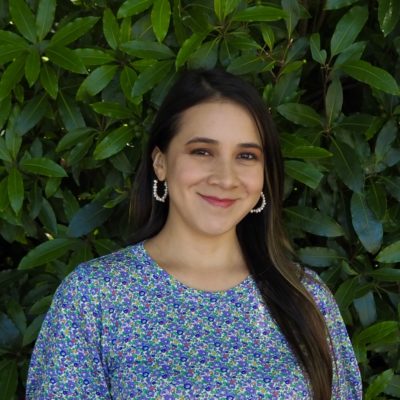About me
I completed my Bachelor of Microbiology in 2009 at Universidad de Los Andes, Colombia. During my bachelor studies, I discovered my particular interest in microorganisms related to agriculture and food production.
By 2013, I moved to Australia to obtain my Master of Food Science at The University of Melbourne. After my graduation I worked in several laboratories in Australia, including quality control, biosecurity and research. In 2019, I worked as Molecular Technical Officer in the Citrus Canker Eradication Program of the Northern Territory Government, Australia. From 2020 to early 2022, I worked as Laboratory Supervisor at Menzies School of Health Research.
I moved to the UK in October 2022 to start my PhD in Mechanistic Biology. My project “Going back in time to predict the evolution of future plant pathogen” would allow me to use my existing knowledge and skills, as well as further my experience in areas where I see myself developing a long-term career. I am excited about the positive impact the results of this project would have in the potato industry in the UK.
My project
Potato brown rot, caused by Ralstonia solanacearum plant pathogenic bacterium, is a globally important crop disease, belonging to the highest economic risk category in the UK. Thus far, all UK outbreaks have been associated with flooding or irrigation of potato crops from contaminated river water sources where the pathogen can persist by overwintering in the roots of its secondary host plant, Woody Nightshade.
Pathogen presence is currently monitored through annual, UK-wide river sampling by Fera Science Limited to identify contaminated rivers that will be banned and cannot be used for irrigation. This sampling program has produced a valuable strain collection spanning 35 years of pathogen evolution in its natural environment. This project will use genomics, bioinformatics, and direct experimentation to establish how the virulence of R. solanacearum has evolved in the UK river network during the past three decades.
This project will use a combination of bioinformatics, microbiology, and plant biology to identify mechanisms and genetic changes in R. solanacearum virulence when evolving in environmental reservoirs.

